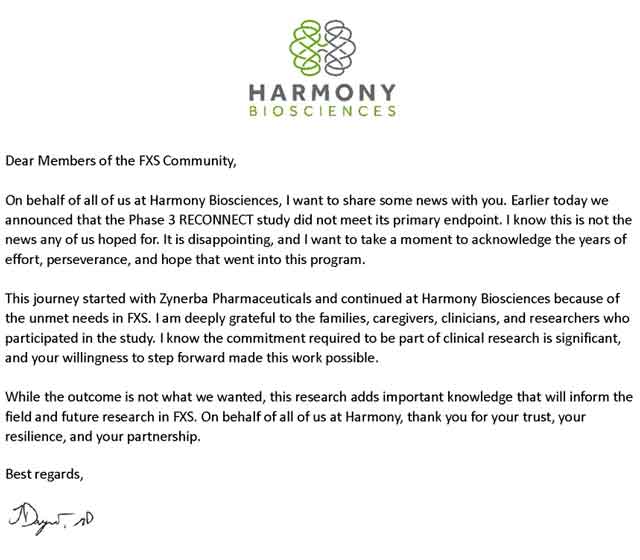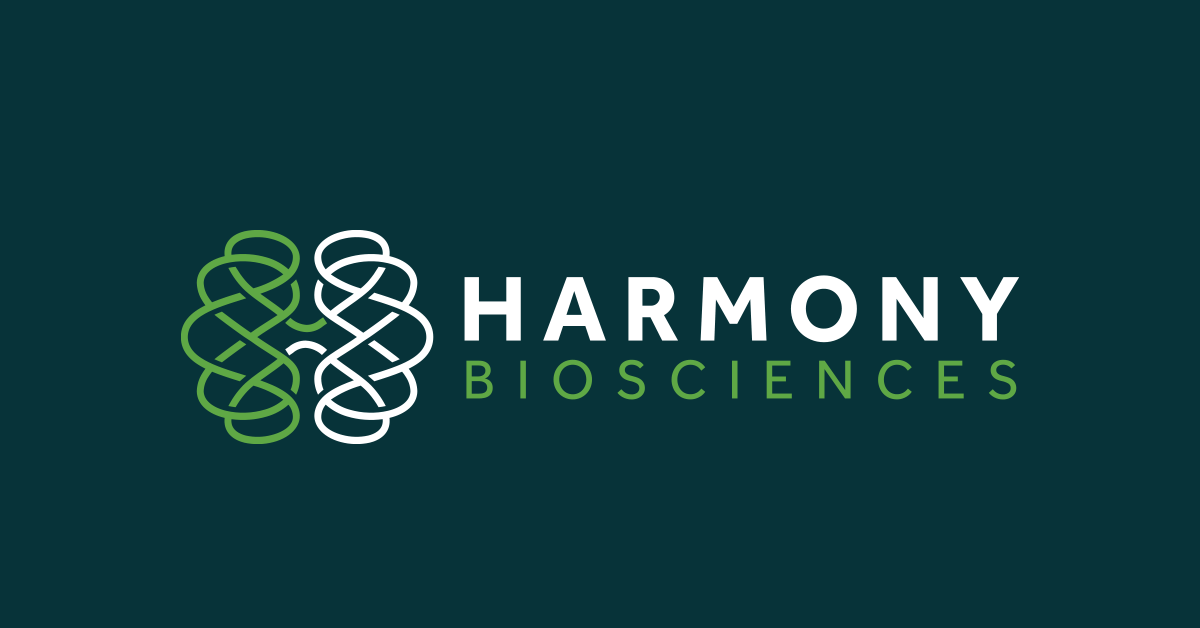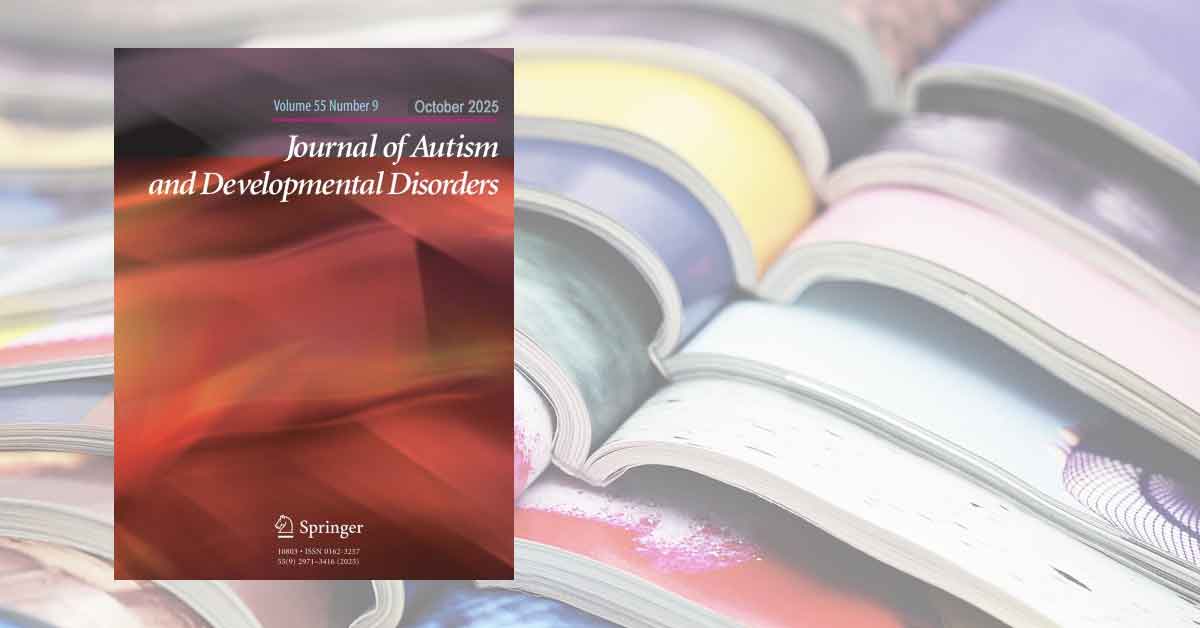Harmony Biosciences recently announced results from its Phase 3 RECONNECT study of ZYN002, a cannabidiol (CBD) gel being tested for Fragile X syndrome. Unfortunately, the study did not meet its main goal, which can feel disappointing for families following the progress. See the letter from Harmony here, and below, we’ll break down what this means and what comes next.

What Makes a Trial “Successful”?
When a medicine is tested in a clinical trial, researchers set a main goal, called the “primary endpoint”, before the study begins. This is the most important thing they are measuring, and its accuracy will determine whether or not a trial is successful.
If the results show that the study medicine helps participants reach the primary endpoint significantly more than participants not taking the study medicine, the trial is considered “successful.” If the results do not reach the primary endpoint with statistical significance, even if there are positive signs in other areas, the trial is considered not successful.
In the RECONNECT clinical trial, the primary endpoint selected was “improvement in social avoidance”. The data collected from the trial did not meet the primary endpoint, reportedly due to a high placebo response rate.
What Is a “Placebo Response” — and Why Did It Matter Here?
In most clinical trials, a randomized group of participants is given a placebo. This is done so researchers can compare the group being treated with study medicine to the “control” group being treated with a look-alike with no active medicine. Surprisingly, many participants in the placebo group often show improvement too — sometimes just from being part of the study, the extra attention, or because symptoms naturally change over time. This is called the placebo response.
In the RECONNECT trial, the placebo group improved more than expected. This made it harder to show a clear difference between the study medication gel and the placebo gel. So even if the gel did help some participants, the high placebo response made the results less clear.
Can Families Still Access CBD?
Yes! CBD is already available in several ways outside of this study.
If you’re considering CBD, it’s important to discuss it with your healthcare provider to make sure you’re using safe, reliable products.
What Does “Fast Track” Mean?
Harmony Biosciences mentioned the study medication, ZYN002, has received “FDA Fast Track designation for the treatment of behavioral symptoms in patients with FXS.” This “Fast Track” designation does not mean the drug is automatically approved, but it does mean the FDA agrees Fragile X is a serious condition with urgent needs, and they’re willing to help speed up the review process. Fast Track status lets the company have more frequent check-ins with the FDA and submit data faster, so if the treatment does prove helpful, it can potentially reach families sooner.
What Happens Next?
It appears that Harmony is not moving forward with FDA approval for a Fragile X medication at this time. They remain committed to sharing updates as they learn more, and we will keep the FX community informed.
Even though the RECONNECT trial didn’t meet its primary endpoint, that doesn’t mean the end of the road. Here are some of the positives to come from this trial:
- Harmony saw some encouraging signs in other areas of the study.
- Researchers may look more closely at whether certain groups of children responded better than others.
- Future studies may be designed differently to reduce the impact of placebo responses.
Drug development is rarely a straight path, especially in rare conditions like Fragile X. Each study, even the ones that don’t meet their goals, teaches researchers more and helps move the field forward.
Final Thoughts
We know this news may feel disappointing, but it’s important to remember that progress in Fragile X research is ongoing, and every study adds to the knowledge base. Additionally, families still have access to supportive therapies and medical care..
The research community — including companies, doctors, and advocates — is still working hard to bring new treatment options to families living with Fragile X.
The information provided regarding is not a recommendation, referral, or endorsement of any resource, therapeutic method, or service provider and does not replace the advice of medical, legal, or educational professionals. The NFXF has not validated and is not responsible for any information or services provided by third parties. Individuals are urged to use independent judgment and request references when considering any resource associated with the provision of services related to Fragile X.






